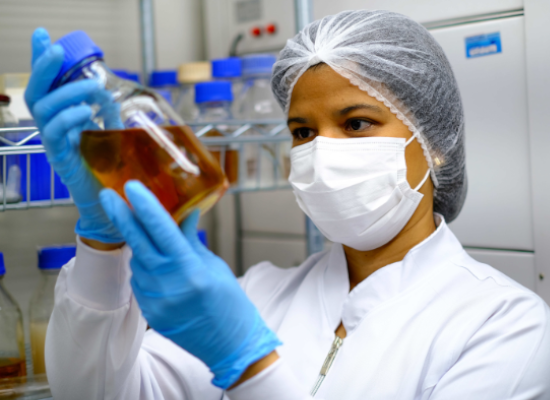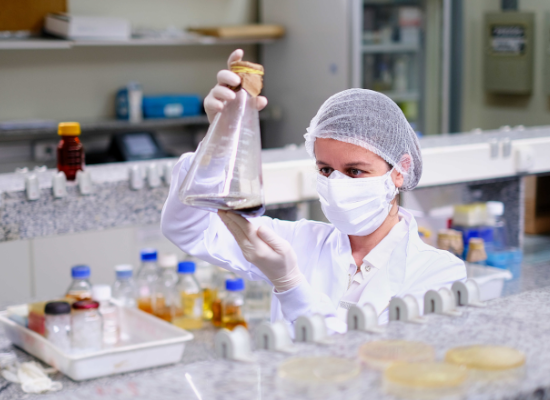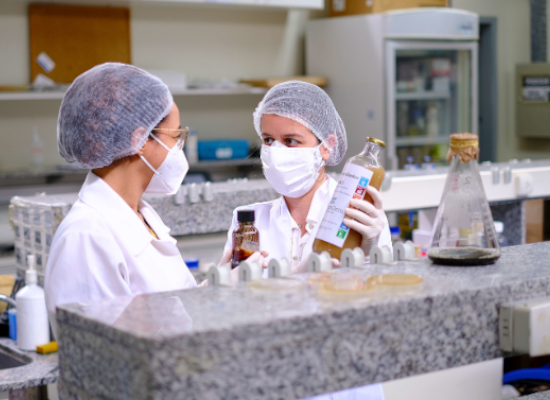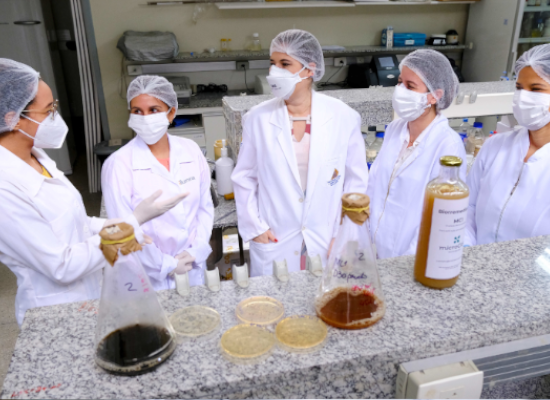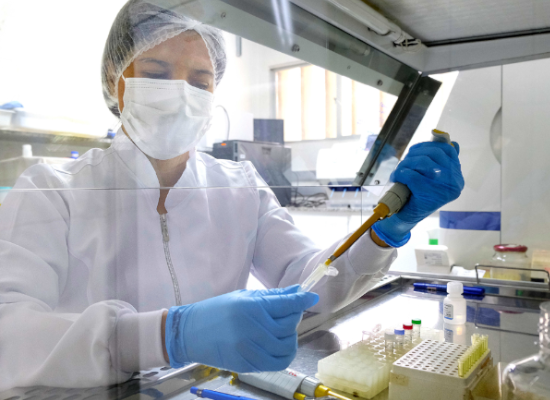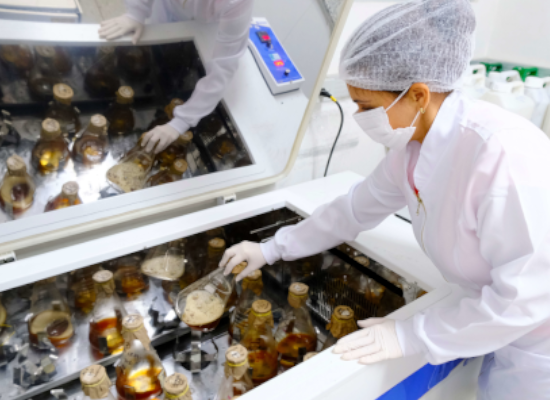Microciclo Biotecnologia
Female-led start-up Microciclo Biotecnologia from Brazil has developed microbial treatment for decontaminating industrial oily wastewater and enabling its reuse resulting in a circular solution for this waste stream. This innovative solution not only saves the water resources, but also additional costs for companies that they might pay for conventional oily wastewater treatment done by external facilities. For these reasons, Microciclo Biotecnologia, who was one of the Open Labs Brazil Winners, has been chosen as the ISC3 Start-up of the Month for April 2022.
Year of Foundation:
2019
Addresses the following SDGs:
SDG 6 (clean water and sanitation), SDG 8 (decent work and economic growth), SDG 9 (industry innovation), SDG 11 (sustainable cities), SDG 14 (life under water), SDG 15 (life on land)


